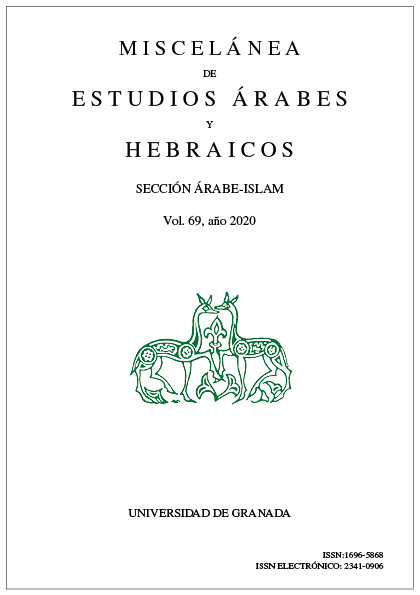Colonial heritage in Syria today: social fractures and political implications
DOI:
https://doi.org/10.30827/meaharabe.v69i0.1051Keywords:
Syria, French Mandate, Baath, Sectarianism, NationalismAbstract
This article analyzes the political, economic and social imprint left by the period of French occupation on present-day Syria. France, following a policy of divide et impera, separated the Arab country into different confessional states, which exacerbated the sectarianism of the region and at the same time favoured the rise of Arab nationalism. In fact, the primary objective of the Baath Party was to tear down the artificial borders created by the Sykes-Picot Agreements of 1916 and achieve the unity of the Arab peoples. The coming to power of Hafez al Assad in 1970 is, in turn, closely related to the overrepresent a- tion of confessional minorities in the Troupes Spéciales du Levant constituted by France. Just as the colonial power had done, al Assad presented himself as an arbitrator who would ensure balance between the heterogeneous elements of Syrian society and prevent the majority Sunni community from occupying a hegemonic position.
Downloads
Downloads
Published
How to Cite
Issue
Section
License
The authors publishing their work in this journal agree to the following terms and conditions:
1. The authors retain the copyright and give the journal the right to be the first publication of the work and also to be licensee under a Creative Commons Attribution License which allows others to share the work, provided the author of the work and the initial publication in this journal are acknowledged.
2. Authors may make additional agreements separately for the non-exclusive distribution of the version of the work published in the journal (for example, putting it in an institutional repository or publishing it in a book), with acknowledgement of its initial publication in this journal.
3. Authors are allowed and encouraged to electronically disseminate (for example, in institutional repositories or on their own web page) the published version of their works (publisher's post-print version) or, if not possible, the author's reviewed and accepted post-print version. This is to facilitate productive exchanges, and allow for earlier and greater citation by third parties of the published works (See The Effect of Open Access).
4. The journal accepts no responsibility for the opinions expressed by the authors.















